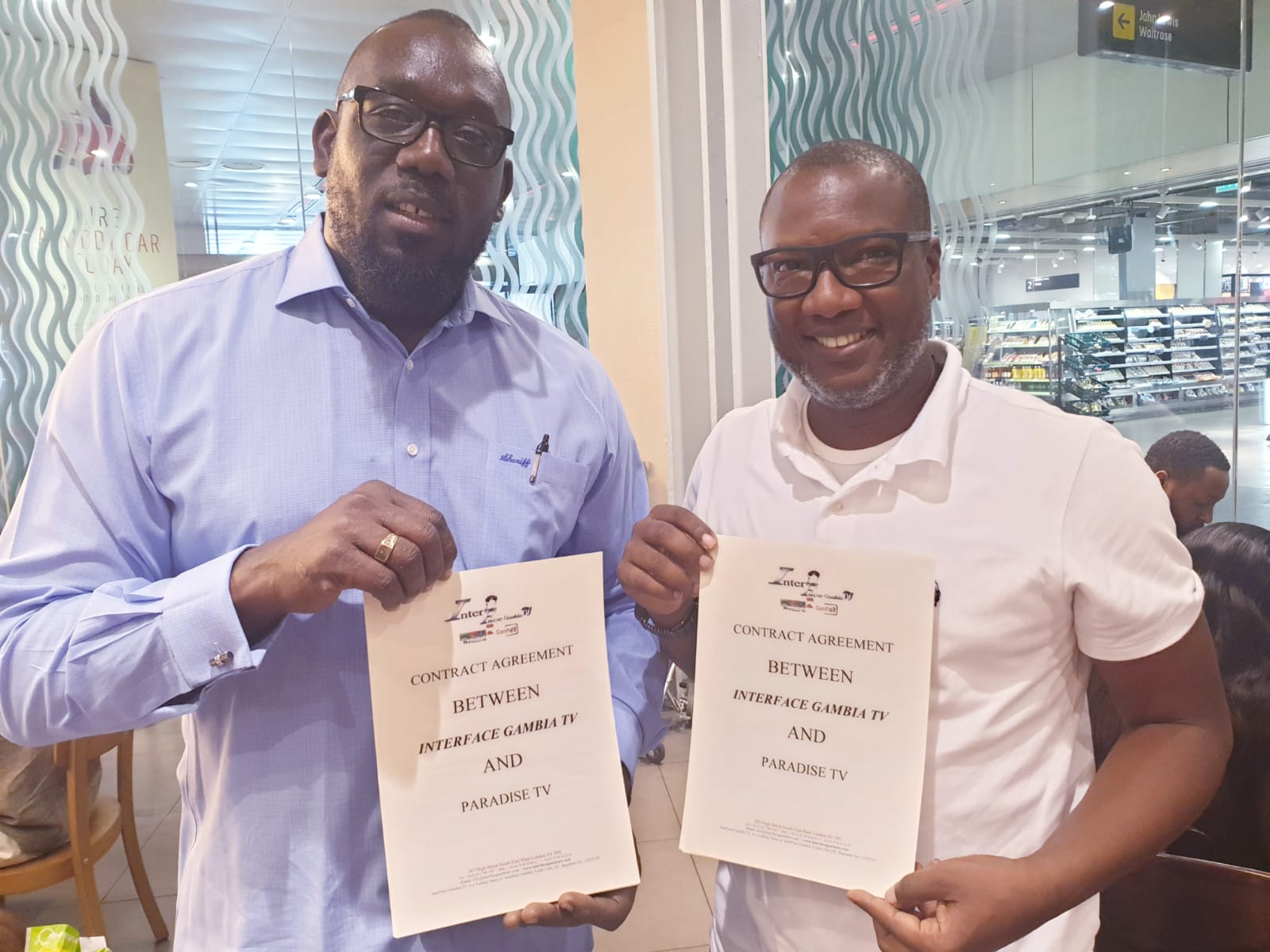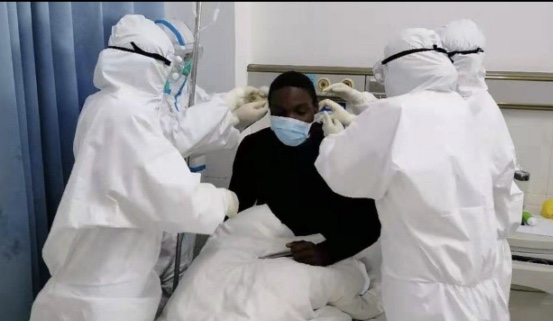By Yunus S Saliu
Scores of Madrassa (Arabic Schools) across Greater Banjul Area have acknowledged and applauded Comprehensive Health Education (CHE) for students taken into consideration the importance of the subject in life of adolescent children.
Giving an orientation course about Comprehensive Health Education in different Madrrasa between 22nd and 24th November, both religious leaders, imams, oustas including principals applauded the course – CHE and thanked the Principal Investigator and team for including Arabic Schools in the program.
Meanwhile, during the orientation, though not a new thing, it was discovered just like in other English teaching schools that majority of the students lack knowledge about their body as regarding to reproductive health issue and how to take good care of their selves health wise and protect themselves from STIs, unwanted pregnancy and among issues.
Among other visited madrassa in the municipality included Tallinding Islamic Institute; Tadamus Islamic Centre; Nuru Deen; English Arabic Institute; Bundung Masanneh Institute; Abubacarr Siddiq Institute; Omar Bun Abdul Aziz Institute; Imam Malick Institute; Oman Bun Khatab Institute Ali Bun Abi Talib Institute.
Commenting on the Comprehensive Health Education, Imam Fatty applauded the team for visiting not only his madrassa but others to educate the students.
He divulged that it is a good initiative that should be embraced and supported by all “because education has no boundaries.”
In her general overview from the sensitisation course at the Madarassa, the principal investigator for Strengthening Access to Quality Comprehensive Health Education for in-and-out of School Adolescents in The Gambia, Phebian Ina Grant-Sagnia, disclosed that “majority of the students have little or no knowledge of how to take good care of themselves hygienically during their monthly circle. They have inadequate knowledge about Sexually Transmitted diseases and the symptoms that manifest in them.”
She stated further that some of these students like their counterparts at the English teaching schools lamented that “their parents do not communicate about puberty, sexual and reproductive health to them due to ignorance; religion and culture.
The students among other requests made; want constant sessions and more awareness since it is not a teaching subject in their schools and practically not a topic of discussion in some homes.
Ms Grant-Sagnia on behalf of the Curriculum Research, Evaluation and Development Directorate (CREDD) under Ministry of Basic and Secondary Education (MoBSE) thanked all the visited madrassa and their proprietors for warm welcome accorded the CHE team and as well as their fruitful contributions throughout the sessions.
CHE under Strengthening Access to Quality Comprehensive Health Education in The Gambia, is an implementation research project done by the Ministry of Basic and Secondary Education (MoBSE) funded by International Development Research Center (IDRC). And it is meant to enlighten and educate in and out-of-school students on adolescent sexual and reproductive health (ASRH).





